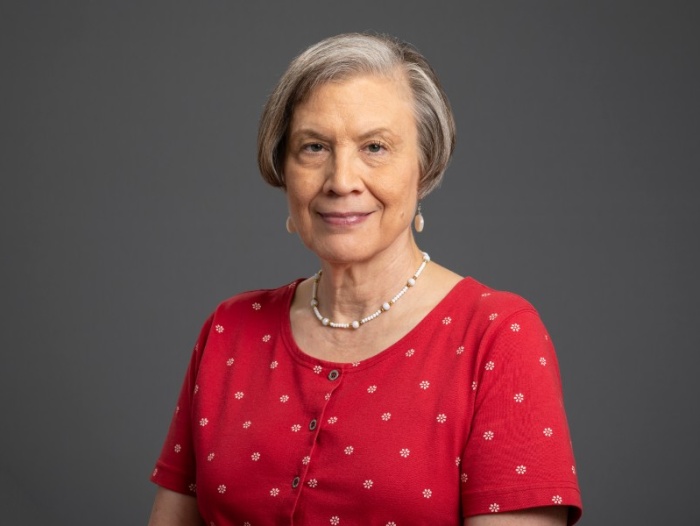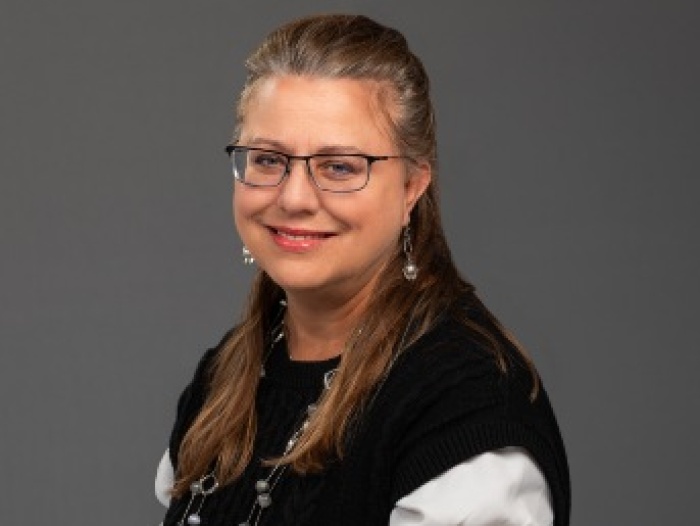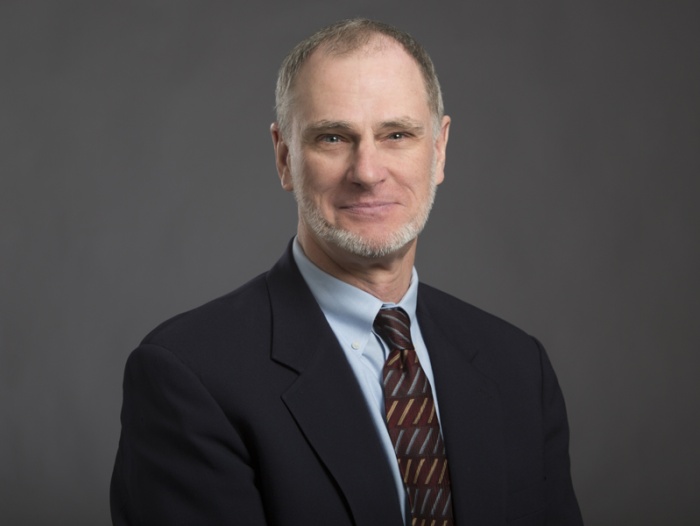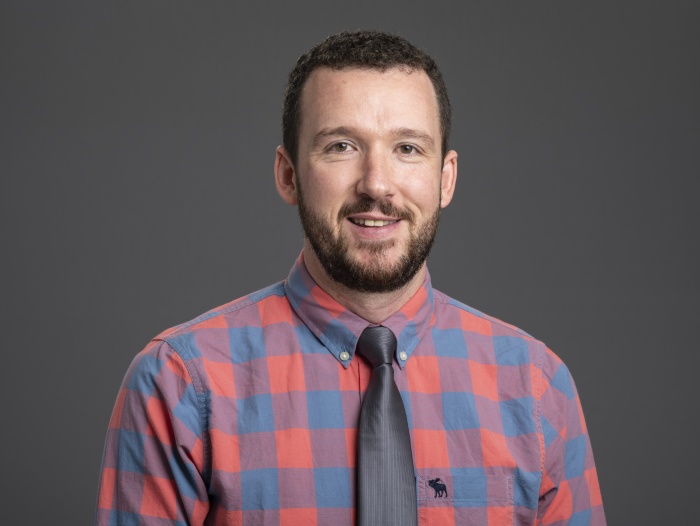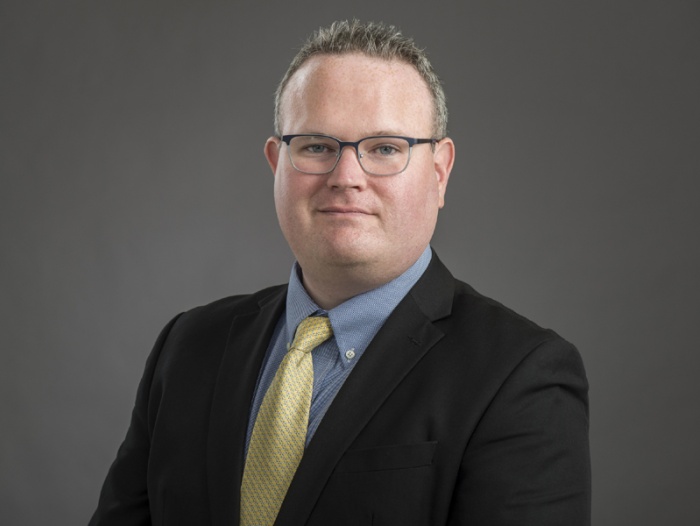Introduction
Our Clinical Pastoral Education (CPE) program provides you with theological and professional training for ministry.
Seminary and divinity school students, ordained clergy, members of religious orders and qualified lay people minister to people in crisis situations while being supervised.
CPE students are challenged to improve the quality of their spiritual care relationships through involvement with faculty, students, professionals and clients.
Spiritual care practice, written case studies and verbatim, individual supervision, seminar participation and relevant reading are parts of the curriculum.
Our program helps students to develop genuine caring spiritual relationships.
Viewing complicated life situations from different viewpoints provides new insight about the human situation. Theological reflection is important in CPE, as people seek ways to integrate theology with life experience.
Our approach to Clinical Pastoral Education (CPE) programs
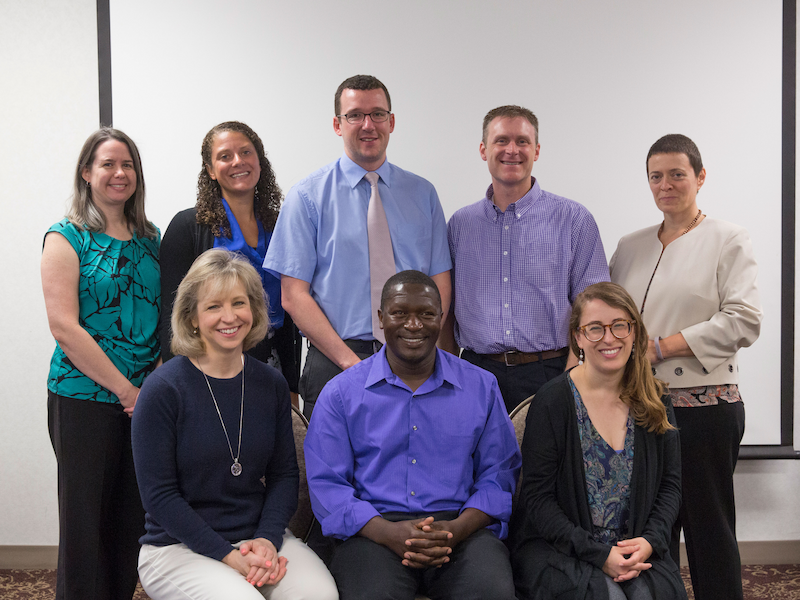
Four features make Rush an ideal location for Clinical Pastoral Education.
First, we offer students the opportunity to minister to people facing major life changes due to critical or chronic illness. People facing these events are often in need of comfort and support.
They often seek help exploring how they are coping with these realities and what they mean in the context of their life and spirituality.
Second, Rush University Medical Center is an environment committed to education in the health care field. We have a long-standing allegiance to the teacher-practitioner model.
The Medical Center believes that the best teachers are those who are clinicians, and the best clinicians are also teachers.
This philosophy prevails at the administrative level of the institution, where most administrators are also faculty in their respective schools.
Third, our CPE educators have a variety of backgrounds and learning interests. Each was certified in a different decade, so they all bring a different history, experience and ideas.
They all share a deep commitment to RUSH and the CPE program. Fourth, CPE students have access to educational facilities and a vast collection of materials.
There are libraries of books and periodicals at RUSH University and within the Department of Religion, Health and Human Values.
Each CPE Certified Educator (CE) in maintains their own library of spiritual care and theological materials that are available to students.
The University’s library is geared primarily to students in clinical and health management fields, but many resources are available for CPE students.
Program length and location for Clinical Pastoral Education (CPE)
Internship programs are offered four times per year:
- Two hospital-based extended (part-time) programs at RUSH University Medical Center; September – January and January – May.
- One community-based extended program at a faith community or community service organization; October – March.
- One summer-intensive program (11 weeks); June – August at RUSH University Medical Center.
The hospital-based residency is a yearlong program that begins in September (after Labor Day) at Rush University Medical Center.
Accreditation summary
Rush CPE is accredited for Level I/II and Certified Educator CPE by ACPE: The Standard for Spiritual Education
www.acpe.edu
(404) 320-1472
(312) 942-5571
religion_health@rush.edu
Sign up to receive more information about this program.


